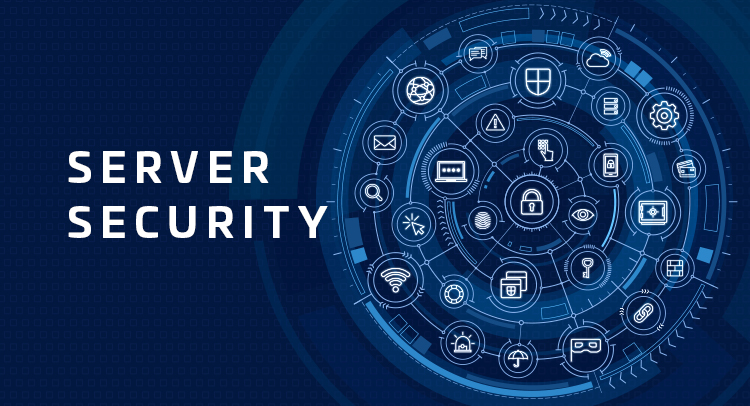Behind every SaaS product, mobile app, or AI-powered service lies a simple truth: servers are the backbone. For startups in the GCC, securing those servers is not just a technical detail, it’s a business-critical priority.
Whether hosted in the cloud, on-premises, or in hybrid environments, servers store customer data, process transactions, and run applications. A breach doesn’t just mean downtime; it can mean loss of trust, regulatory penalties, and permanent brand damage.
In 2025, as cyber threats grow more sophisticated, server security must evolve too. Here’s what GCC startups and enterprises need to know.
Why Server Security Matters More in 2025
Startups in the UAE and Saudi Arabia are scaling faster than ever. Many are adopting SaaS models, building AI-driven platforms, and storing sensitive financial, healthcare, or customer data. At the same time, attackers are targeting servers directly because that’s where the most valuable information resides.
- AI-powered malware now scans for server misconfigurations.
- Ransomware increasingly locks down server environments.
- Insider threats exploit weak access controls to steal data.
In this landscape, server security isn’t optional it’s foundational.
Common Server Security Risks for Startups
1. Weak Authentication
Servers with only basic password protection are easy targets.
Solution: Always implement multi-factor authentication (MFA) and enforce strong password policies.
2. Unpatched Vulnerabilities
Outdated operating systems or server software leave open doors for attackers.
Solution: Apply automated patch management and update servers regularly.
3. Misconfigured Cloud Servers
Publicly exposed storage buckets or unsecured ports are among the most common mistakes startups make.
Solution: Conduct regular cloud security audits and use automated compliance tools.
4. Insider Threats
Employees or contractors with excessive server access pose risks, intentional or accidental.
Solution: Apply role-based access and log every server activity.
5. Lack of Encryption
Unencrypted data stored or transmitted from servers is vulnerable if intercepted.
Solution: Encrypt data at rest and in transit using modern standards (AES-256, TLS 1.3).
Best Practices for Server Security in 2025
- Adopt Zero Trust Architecture – Never assume trust inside your network; verify every request.
- Use Firewalls and Intrusion Detection – Layered defense to spot and block malicious traffic.
- Regular Penetration Testing – Simulate attacks to identify vulnerabilities before hackers do.
- Backup and Disaster Recovery Plans – Prepare for ransomware and ensure business continuity.
- Automated Monitoring – Use AI-driven monitoring tools to detect anomalies in real time.
Server Security and GCC Regulations
Startups in the GCC must also consider compliance with regional frameworks:
- UAE Cybersecurity Council – Requires a secure infrastructure for digital transformation.
- Saudi NCA (National Cybersecurity Authority) – Mandates strict server security for cloud services and SaaS providers.
Ignoring compliance can lead to fines, license restrictions, or losing contracts with banks, healthcare, or government partners.
Outsourcing Server Security for SaaS Products
Building an in-house server security team is costly. Outsourcing offers GCC startups a smarter option:
- Expertise on demand: Access senior developers and security engineers.
- Cost efficiency: Pay predictable monthly retainers instead of hiring full-time.
- Faster compliance: Work with partners who understand UAE and Saudi regulations.
- Scalability: Expand or reduce resources as your infrastructure grows.
At Geeks, we design and manage SaaS infrastructures with security baked into every layer from servers to APIs to mobile apps.
Conclusion: Secure Servers, Scalable Startups
In 2025, the server is no longer just an IT asset it’s the heart of your startup. Protecting it means protecting your customers, your reputation, and your growth potential.
For GCC founders, the path is clear: prioritize server security from day one. And if your team lacks the expertise, outsourcing to a trusted partner ensures your SaaS product is both scalable and secure.
At Geeks, we help startups across the UAE and Saudi Arabia build secure SaaS ecosystems where servers are resilient, compliant, and ready for growth.
















